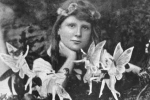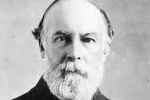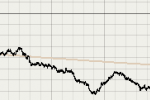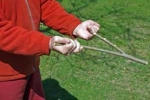Therapeutic approach that aims to provide practical help in a counselling context for people who are disturbed by anomalous events like precognitive dreams and poltergeist-type disturbances.
General Psi Topics
'Cold reading' is the name given to a collection of psychological strategies that can be used to simulate a 'psychic' reading. This article surveys the methods described by a number of...
A celebrated 1920s hoax by two English girls, who persuaded author Sir Arthur Conan Doyle and others that they had photographed themselves playing with fairies.
A phenomenon that emerged in the early twentieth century in the study of mediumship and automatic writing, in which deceased psychical researchers appeared to be signalling to their living colleagues the fact of their having survived death.
The term ‘decline effect’ in parapsychology refers to a decline in experimental performance over time. This article reviews various ways in which it manifests, and the reasons that have been proposed to account for them
Traditional method of locating underground water or minerals by the movement of a pair of metal rods, a forked stick or a pendulum.
A list of some two hundred well-known intellectuals – scientists, thinkers, writers, and artists – who took seriously the possibility of psychical phenomena.
Describes the various types and characteristics of encounters with deceased loved ones in dreams and other states of consciousness, as revealed in research and case examples.
Overview of activity in the field of (mainly experimental) parapsychology across continental Europe.
Parapsychologists have come to believe that experimenters play a major role in influencing the outcome of psi experiments.











